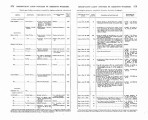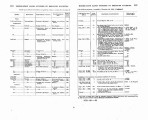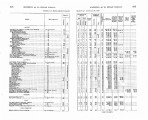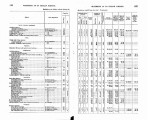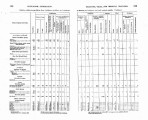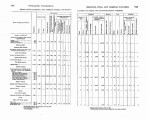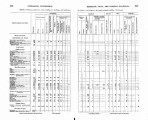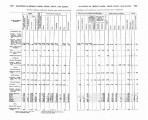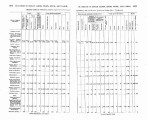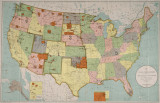| OCR Text |
Show REPORT OF THE COMMSSfONER OF INDIAN AFFAIRS. 119 Inspector McLaughlin submitted definite propositions from sundry property owners for the transfer of the following tracts to theunited States for the occupancy of the dispossessed Indians: (1) Warner's ranch, Ban Diego County, Gal., 30,000 acres; price, $245,000. (2) Governor Gage's tract, a portion of Warner'sranch, 1,148 acres;price, $25,000. (3) Pauba-Temecula ranchos, Riveraide County; price, $250,000. , (4) Jacob Ludy, m c h (Little Temecula ranch) and four other track, Riverside County, 2,080 acres: price, $28,360. (5) San Paaqual ranch, Ban Diego County, 1,900 acres; price, per amended prop?- sition, $86,800. (6) Pauma rancho, San Diego County, 13,050 acres; price, $60,000. (7) Monserrate ranch, San Diego County, 2,370 acres; price, per amended propo-sition. $70.000. (8)'~ebsterranchR, iversideCounty, 2,489.59 acres; price, $15per acre-$37,343.85. (\9), E thanac ranch. Riverside Couutv, 1.650 acres: arice. $241.000. (10) Potrero ranch, Riverside County, 3,500 acres; price, $350,000. (11) Aqua Tibia rancho, Sau Diego County, 1,520 acrea; price, $50,000. (12) William Kinked's property and adjoining tracts, 8an Diego County, 1,620 acres; price, $34,000. Provided the number of Indians to be cared for did not exceed 300 persons, Inspector McLanghlin recommended the Monserrate ranch (No. 7) as possessing greater advantages at a minimum cost to the Government than any of the other properties offered, about 1,800 acres being reported as cultivable and the remainder as fairly good grazing land. The owner of the Monserrate ranch, Dr. George W. Robinson, of Los Angeles, Cal., originally offered to dispose of the tract to the Government for $75,000, but afterwards, in a telegram dated January 14,1902, to the inspector, he agreed to take $70,000 for it. This was understood to mean for the ranch and its appurtenances, exclusive of the cattle, hogs, horses, farming implements, hay, and grain, but including the pumping plant, as well as the buildings, fences, and other ktures. In addition to the $70,000 required to purchase this ranch the inspector stated that an additional sum of at least $30,000 would be needed to provide building materials, agricultural implements, sub-sistence supplies, eto., for the Indians to give them a start in their new homes. January 21,1902, the office submitted to the Department the draft of a bill to appropriate the sum of $100,000 for the purchase of the required tract of land and to provide other necessaries for the shelter and sustenance of the Indians. July 25 the 'Department transmitted the bill, together with accompanying papers, to Congress, and it was published in House Document No. 319, Fifty-seventh Congress, first session. This sum was appropriated by an item in the last Indian appropriation act, which also provided for the appointment by the Secretary of the Interior of an advisory commission, consisting of three persons, to serve without compensation, to aid in the selection of a tract |







































































































































































